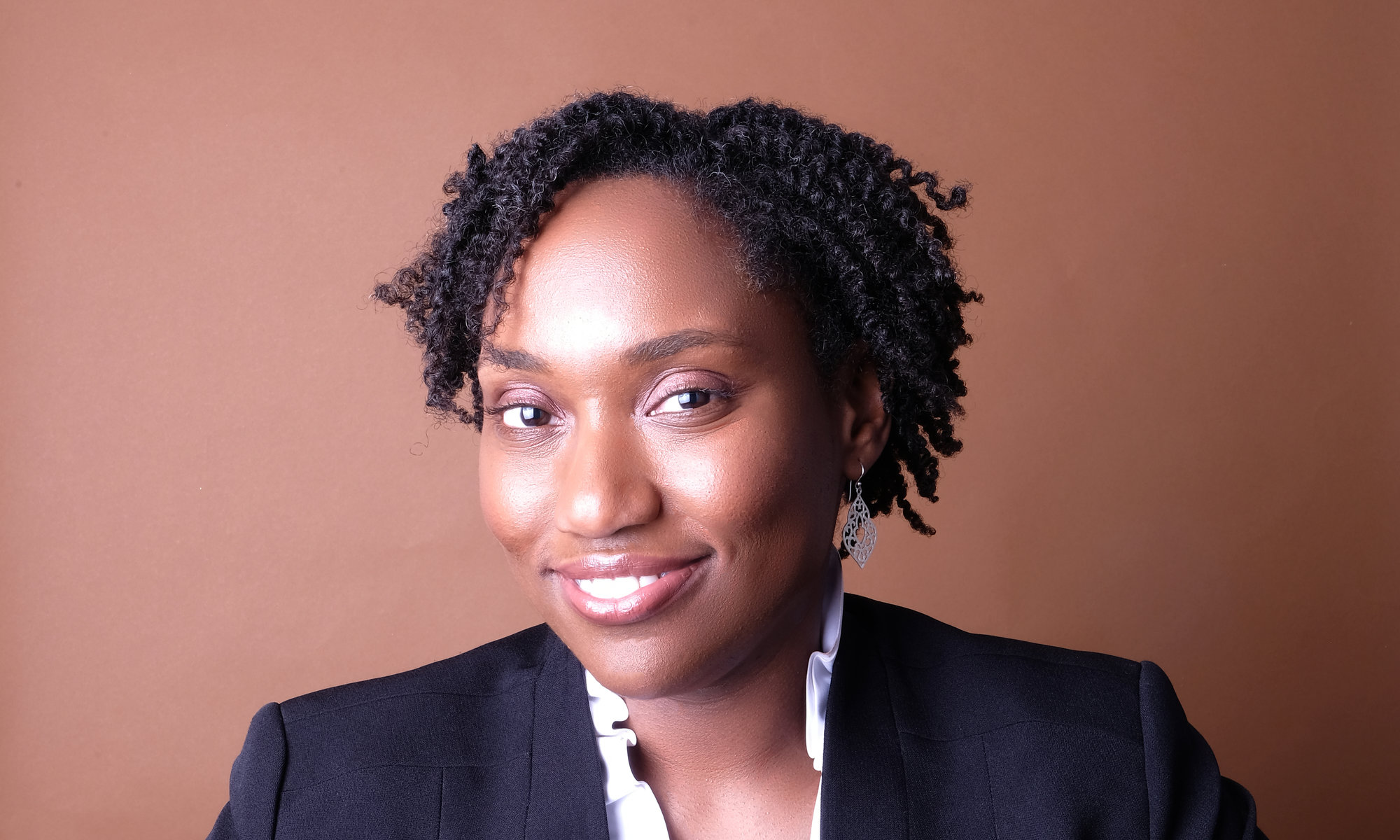
Other fast-food chains followed suit and capitalized on the precarious position of Black consumers living in the aftermath of gutted commercial districts, fewer grocery stores, and limited employment opportunities.In We Refuse to Forget, award-winning journalist Caleb J.

These highly visible acts of community outreach to Black consumers not only made McDonald’s popular, but also led the corporation to graft itself onto the story of civil rights.

When Los Angeles erupted after the acquittal of four officers in the beating of Rodney King in 1992, then-CEO Ed Rensi boasted that restaurants in south Los Angeles were protected from property damage because of McDonald’s “enlightened social policies begun more than three decades ago.”įrom providing Black youth employment to creating college scholarships for Black employees to sponsoring youth sports and after-school programs, Black-franchised McDonald’s restaurants were far more than a drive-through. In the decades following this experiment in supporting Black-owned franchises, McDonald’s has held fast to the narrative that its infiltration into Black communities was an act of conscience rather than one of capitalism. After discovering rich profits in the inner-city, where fast food was increasingly becoming one of a few commercial options, McDonald’s poured millions of dollars into expanding its footprint in Black communities with targeted advertising, donations to Black charities, and minority franchisee and supplier programs.

Aided by federal programs endorsed by President Richard Nixon to create more Black-owned businesses, supported by major civil rights organizations like the NAACP, and realizing the potential for attracting more Black diners, McDonald’s recruited Black businesspeople to take over the grills and counters of these abandoned stores. In the late 1960s, more and more racial justice advocates and politicians were promoting Black capitalism - the ideology that prioritized Black economic development as a route to Black pride and power - after seeing failures in policy and practice to deliver on the promise of civil rights legislation to protect Black people. McDonald’s realized that there was a silver lining for the golden arches.


 0 kommentar(er)
0 kommentar(er)
